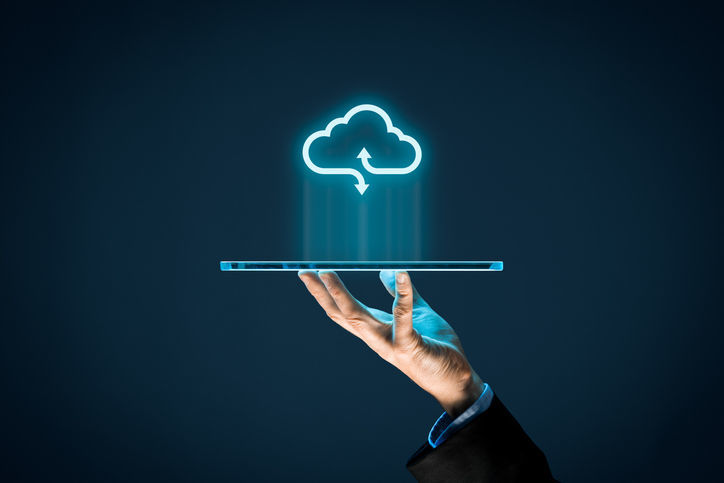PHOENIX — A plan to clarify which online purchases are and are not taxable has run into a fiscal problem: a $33 million price tag.
That’s what the Arizona Department of Revenue estimates the state would lose if Senate Bill 1460 is enacted into law.
The analysis, obtained by Capitol Media Services, says that the measure would eliminate taxes now levied on things like cloud computing and data processing. Ditto for web hosting, teleconferencing and related products.
But the biggest hit would come if lawmakers decide that pre-written computer software and software now accessible through the internet suddenly becomes tax exempt.
The analysis annoyed Sen. Michelle Ugenti-Rita, R-Scottsdale, who has been trying for years to update the state tax code in the face of changing technology. She said that, at best, the report is an estimate.
“I think the real answer is ‘I don’t know’ because it’s very difficult to assess,” Ugenti-Rita said. And she pointed out that was the conclusion of legislative budget analysts.
“We don’t have enough information to conclusively state what the revenue hit will be,” she said.
But Ugenti-Rita said that, as far as she’s concerned, there’s way too much focus on the dollar figure.
“I don’t care about the revenue hit, I really don’t, because they aren’t supposed to be taxing,” she said.
“They are taxing without statutory authority,” Ugenti-Rita said. “It’s insulting to think that a department could get away with that.”
At the heart of the issue is a sales tax system — it’s technically a transaction privilege tax levied on the seller — that was created in the pre-internet age. In general, it presumes that products someone buys, meaning actual items someone can hold, are taxable while most services are not.
What’s changed is that what used to be available only in package form is now available online.
Consider video rentals.
Getting one from a video outlet is taxable. But there is a fight about renting that same video online.
Ditto computer software, with the question being whether it’s purchased in a box or downloaded. And the same is true for data storage, whether on a purchased thumb drive or in the “cloud.”
That has blurred the line.
It’s even more complex than that.
For example, the Department of Revenue analysis says there’s a difference between leasing pre-written computer software and simply licensing it.
The former, the agency says, gives the user “exclusive possession or control,” making it taxable at the state level. But someone who has a license for use of the software does not have such possession or control, meaning it is not taxable by the state.
Also, according to the Department of Revenue, the term “license for use” is not definitive.
“Whether a lease of software is present is determined on a facts and circumstances basis,” the agency analysis says.
And then there’s the fact that while the state does not tax licenses, cities can do that.
It is where SB 1460 draws the new lines that the Department of Revenue comes up with its estimates of a financial hit to the state.
That’s not the only issue. The League of Arizona Cities and Towns is urging lawmakers to quash the measure, claiming estimated revenue losses to local communities in the $60 million range.
“They’re just throwing up hurdles because they’re not interested in solving this issue,” Ugenti-Rita said.
All of that has created a political problem for the legislation, leaving Ugenti-Rita short of the 16 votes she needs to have the measure clear the Senate.
Ugenti-Rita said that doing nothing is not an option, and that her legislation “provides the clarity that we need for taxpayers.”
“But if I don’t have enough votes to get there, the courts will just do it for us,” she said.
There already are moves in that direction. Netflix sued the state last year arguing that the Department of Revenue is acting illegally in imposing the state sales tax on its streaming services.
The state asked Tax Court Judge Christopher Whitten to toss the case. But Whitten refused, saying Netflix is entitled to argue that its property is neither rented nor leased.
Also, according to the Department of Revenue, two challenges to the agency’s policy of taxing software hosted outside of the state have been rejected by a state hearing officer. The next step is at Tax Court.





